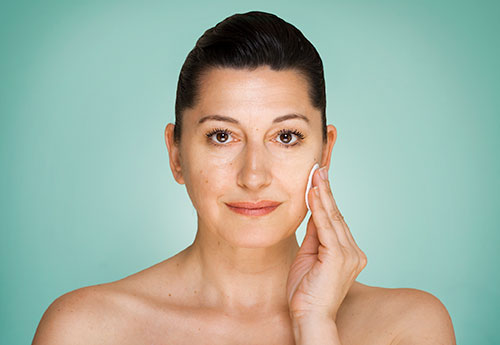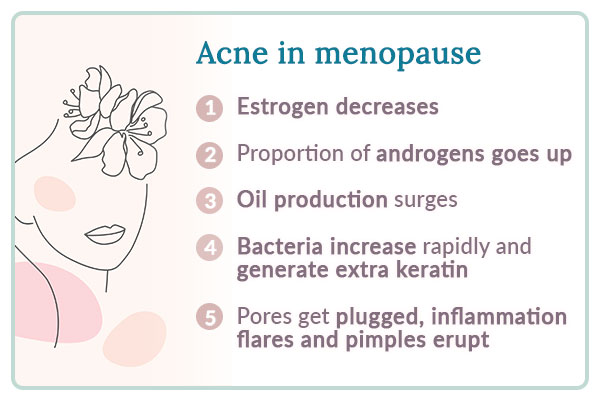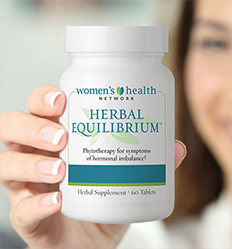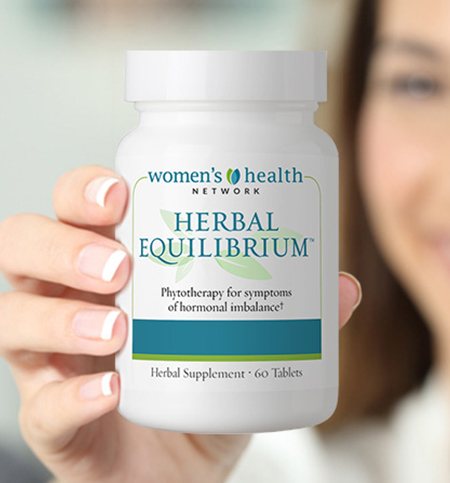Authored by Dr. Sarika Arora, MD
Acne after 30 is a very real problem for millions of women — and their numbers are growing. It’s embarrassing, upsetting and women are mystified about why it’s happening.

The biggest factor behind acne in menopause is still hormones. Unsightly pimples, inflamed skin, clogged pores and acne scarring aren’t just for teenagers. Up to 40% of women over 30 develop late-stage acne. And the damaging effects it has on their self-esteem are even worse than for younger women.
Conventional doctors offer traditional treatment options — Accutane, topical retinoids, birth control pills and even benzoyl peroxide — but those can have serious side effects, including depression. And none of these standard treatments will resolve acne’s root cause.
You can clear your skin naturally with our 5-point, acne-busting plan. In the process, you’ll also restore your confidence and feel better about your appearance everyday.

What causes acne to flare in adult women?
While hormones top the list of acne causes, it’s important to understand how they turn on the acne process, especially in perimenopause, which can often start as early as age 35. When estrogen declines at menopause, its ratio to other reproductive hormones shifts and can become imbalanced. This can lead to a relative rise in androgens, often thought of as “male sex hormones.”
Increased androgens trigger surges in oil production in the sebaceous glands that set off the acne process.
Here’s how hormonal changes trigger the acne cascade:
1. Decreasing estrogen leads to raised levels of androgens.
2. Androgens trigger higher oil production.
3. Extra oil allows acne bacteria, or Propionibacteriumacnes, to settle in.
4. As bacteria accumulate, they generate extra keratin, a fibrous protein that plugs pores.
5. Blocked pores lead to inflammation under the skin and acne pimples erupt.
Bam! Now you’ve got zits — on your face, chest and maybe even your back — along with possible blackheads, inflammatory lesions and even skin discoloration.
For adult women with acne, cosmetics are your best, and your worst, friend. They help camouflage blemishes but can seal up your pores, making the eruption worse. If you use foundation makeup to feel more confident, wash it off when you get home to help keep your pores clear overnight (see #5 below).
Research suggests that eating lots of sugar and wheat feeds the inflammatory process that is so active in acne. Stress may worsen acne in perimenopause by increasing cortisol production, which prompts the sebaceous glands to secrete more oil. Tobacco use and genetics also contribute to acne eruptions.
Natural solutions for acne in women over 30: our 5-point plan
Serious and sudden acne breakouts may be worth a trip to the doctor but most women can clear up their skin naturally with these 5 effective steps:
1. Tamp down inflammation with food.
Eat fewer foods like French fries, hamburgers, sodas and cookies and add more anti-inflammatory foods to your diet, like leafy greens, nuts and olive oil. Add antioxidant rich berries every other day and consider adding an absorbable antioxidant. Some studies suggest following a low-glycemic diet, which also helps with blood sugar and has lots of other benefits, too.
2. Re-align your hormonal balance.
Since all acne has a hormonal component, it’s important to pay close attention to your hormonal health, especially during perimenopause and menopause. Eating less sugar and more fresh vegetables helps maintain balance. Some specialized herbal formulations contain phytocrines that share natural hormone properties and can assist the hormone-balancing process. Balanced hormones are your best defense against acne during menopause.
3. Build your gut health.
A good way to reduce inflammation throughout your body is to ensure that your digestive health is strong. This means watching out for food sensitivities and even hidden infections to prevent the inflammation that may lead to leaky gut. Find a high-quality probiotic with multiple strains to help your digestive processes do their work efficiently.
4. Chip away at daily stress.
Simply by lying down, you can send the message to your body that it’s okay to rest — even if it’s just for a few minutes. We encounter a tremendous amount of tension-producing moments throughout our day. Each one fires up the immune-driven internal inflammation that fuels acne and breakouts. Tell your body it’s okay to stand down by setting aside more time for rest, relaxation and sleep. Don’t skimp on this one.

5. Keep skin clean but don’t scour or scrub.
Wash the areas where acne tends to form (face, chest, back) twice a day, but don’t irritate the skin by scrubbing too hard. Use a plain soap or natural cleanser and rinse with warm, not hot, water. Pat dry but don’t rub or abrade the skin. If you also have areas of dry skin — common for women in menopause — it’s okay to use a light, well-absorbed moisturizer.
Since your body changes after 30 — especially at perimenopause, menopause and beyond — it’s a good idea to update how you take care of it. Eat good, fresh food. Stabilize your hormonal health. Enjoy more downtime. Take it step by step and soon your complexion will be clearer, and you’ll feel happier. It’s a good time to be you!
 | Get more ideas for reducing inflammation and natural skin care. |
https://www.nytimes.com/2012/05/17/fashion/adult-women-battle-acne.html
Joshua A. Zeichner, MD, Hillary E. Baldwin, MD, Fran E. Cook-Bolden, MD, et. al. Emerging Issues in Adult Female Acne. J Clin Aesthet Dermatol. 2017 Jan; 10(1):37–46.
https://www.ncbi.nlm.nih.gov/pmc/articles/PMC5300732/ Accessed 4.18.18.
https://www.health.harvard.edu/staying-healthy/foods-that-fight-inflammation
https://chopra.com/articles/5-ways-to-reduce-inflammation











